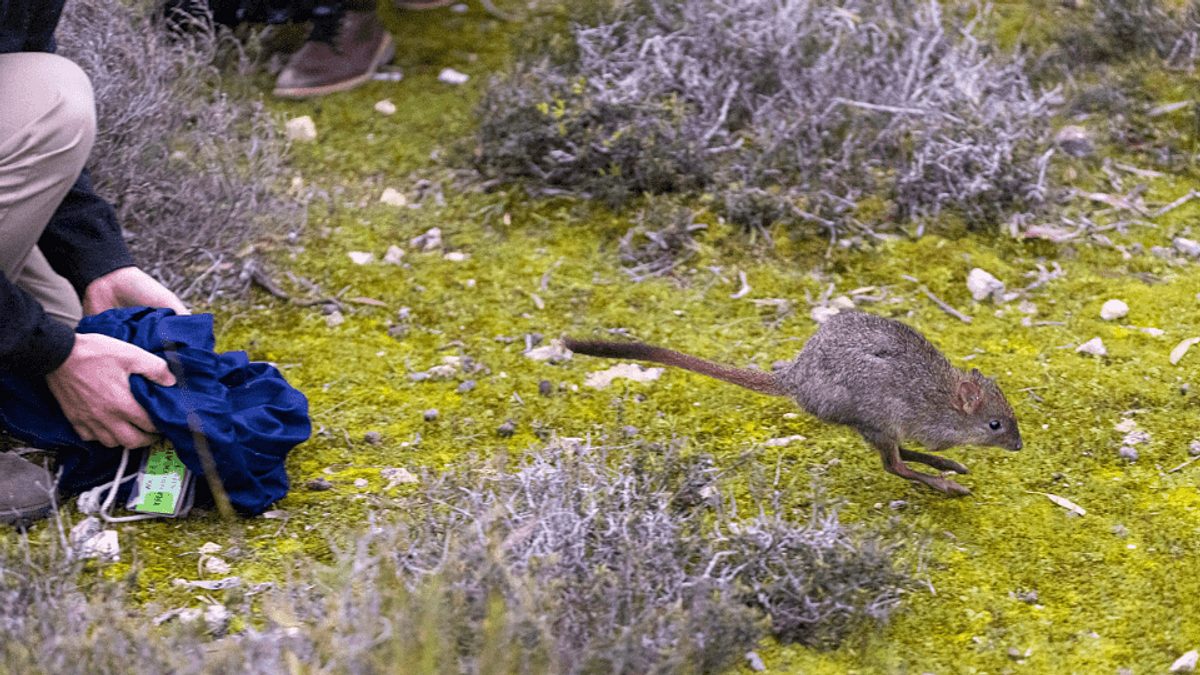Mid North schools win environmental awards
Auburn Primary School and Balaklava Primary School’s Young Environmental Leaders Program was recognised at the 2015 KESAB Sustainable Communities Awards held at the Entertainment Centre in Adelaide on Friday, November 13.
Auburn Primary School was awarded a framed Natural Resource Management Education for Sustainability Showcase 2015 Certificate, for progress and achievement in education for sustainability.
Balaklava Primary School won a 2015 Outstanding School Initiative award for its development of a creative secret garden in a previously unused area of its school grounds.
At the event, three students from Auburn Primary School also presented a case study highlighting their environmental projects and links developed within the Auburn community.
Natural Resources Northern and Yorke community team leader Bonnie Maynard says Auburn Primary School was one of two schools from the Northern and Yorke region – along with Curramulka Primary School – to present its case study highlighting the progress being made in several of its sustainable environmental projects supported by whole-school and community involvement.
"Students talked about their garden beds with produce used in their kitchen program for school lunches and to support their school enterprise program, A Taste of Auburn, which offers locals preserves and other produce," Ms Maynard says.
"Another highlight is the school’s aquaponics system, a water-wise alternative to water vegetables, which saw students become the driving force in getting this project up and running.
"This year, the YEL group have focussed on developing an unused area of the school grounds into a butterfly-attracting garden to increase biodiversity. A bush tucker garden, is also being planned and will bring an exciting new dynamic to the kitchen program."
Ms Maynard says the Natural Resources Management YEL program is providing valuable learning opportunities for both students and wider communities.
"The student leadership and commitment to sustainability demonstrated in these schools is outstanding and contributes to a whole-of-culture change," she says.
"Even though these are smaller rural schools, they are well-connected with the surrounding rural communities and support for school projects is readily available."



